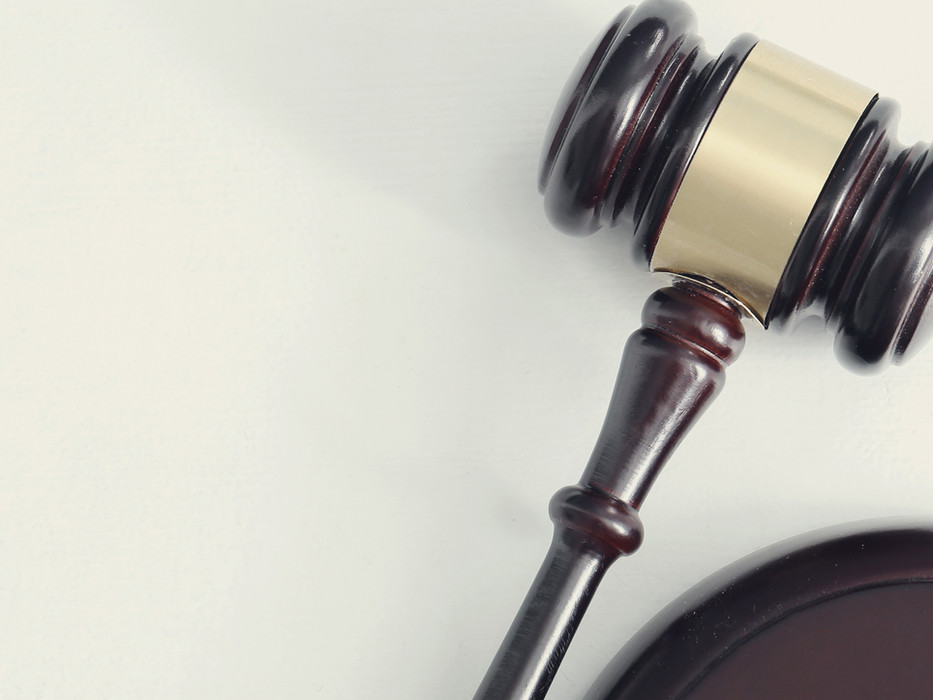
Challenging a Will
MCKINNEY WILL CONTEST LAWYERS
Experienced With Texas Probate Law
Challenging a will in a Texas Probate Court can be exhausting and emotionally difficult. Very few wills are ever challenged in court. When they are, it’s typically by a relative who feels slighted or cheated out of their fair share of the deceased person’s property. To invalidate an entire will, a contestor must go to court and prove that the will suffers from a fatal flaw.
Due to the complexity and difficulty with challenging a will, it’s crucial to hire a qualified will contest attorney who can provide the guidance and representation you need. At Willingham Law Firm, PC., we have helped hundreds of clients through the probate process, and have successfully challenged wills offered for probate. When you retain our firm, you can expect dedicated, results-oriented counsel designed with your best interests in mind.
How Do You Challenge a Will in Texas?
In order to challenge a will in Texas, a person must have a valid claim. There are a number of claims an interested party can make to challenge the validity of a will, including a lack of testamentary capacity, undue influence, fraud, tortious interference with inheritance rights, a mistake, or if the testator did not know the contents of the will. All six of these claims are a valid grounds to contest a will. However, an interested party must be aware if the will contains a No-Contest clause, as this will terminate any inheritance of the challenger if their claim is not brought in good faith and with probable cause.
At Willingham Law Firm, PC., our experienced will contest lawyers in McKinney have been successful in challenging wills offered for probate. In many cases, we have been able to settle cases quickly before large fees were incurred by both parties.
Lack of Testamentary Capacity
When a person leaves a will, they must have the mental capacity to understand the property that they own, the heirs he wishes to leave his property to, and an understanding of what a will is. This ability or awareness is called testamentary capacity, and is crucial to the validity of a will. When a will is offered for probate, the burden of proving this capacity is upon the proponent. After the will is admitted to probate, however, the burden shifts to the contestant.
Undue Influence
Undue influence is essentially any act which persuades or pressures someone to the point that it infringes on their free will and judgement.
In order to establish undue influence, the contestant must prove the following:
the exertion and existence of an influence,
that the influence overpowers the will of the testator, and
the will could not have been executed “but for” the influence.
1)
A person made a false representation, and he or she knew it was false,
2)
the representations were made with the intent to deceive the testator,
3)
the testator did not know of the false representation, and
4)
relying upon the false statement, the testator made a different distribution then he would have.
Fraud
When the execution of a will or an inclusion of a gift is the byproduct of fraud, the will or the specific gift is invalid. It is fairly rare to see a will challenged due to fraud, as the burden of proof is higher than other claims.
To prove fraud, a contestant must show the following:
EVERY CASE DESERVES CARE & ATTENTION
Read Recent 5 Star Reviews From Our Clients



